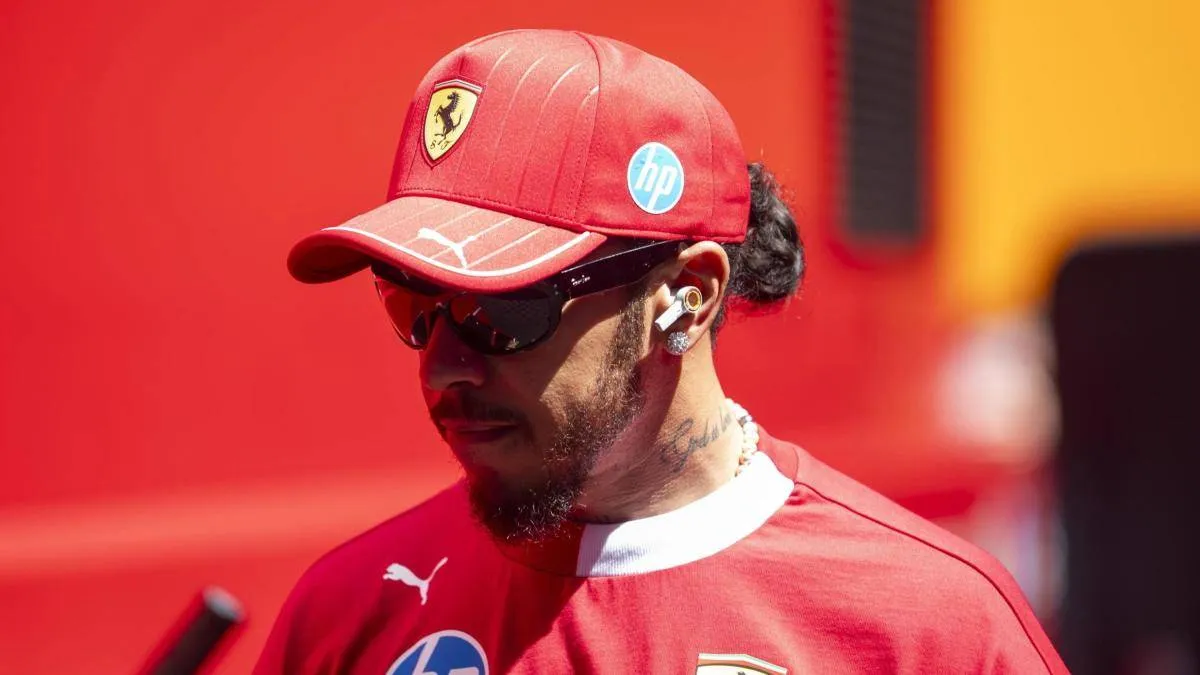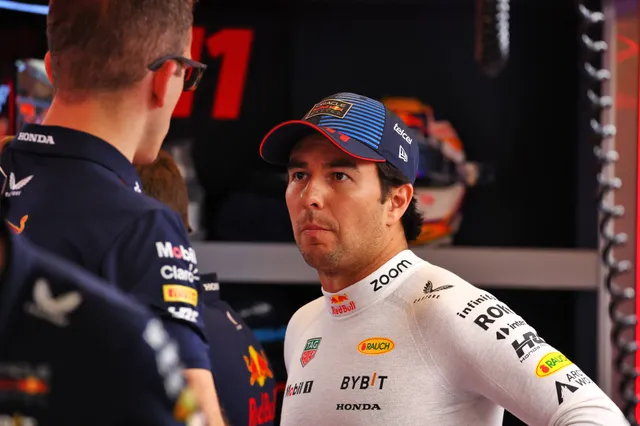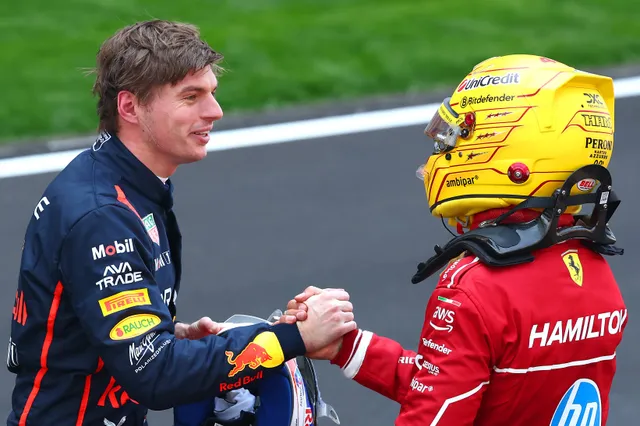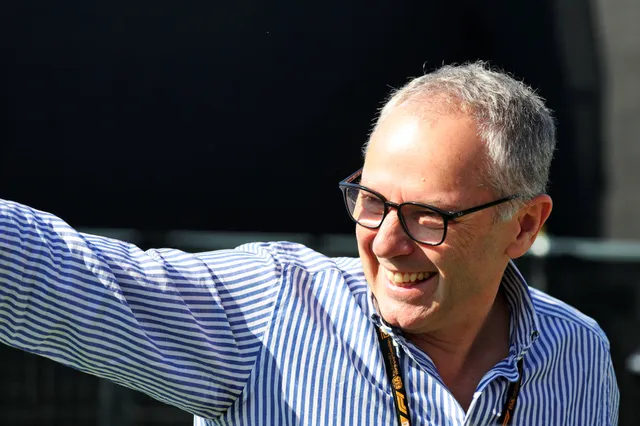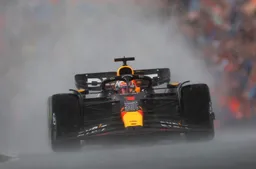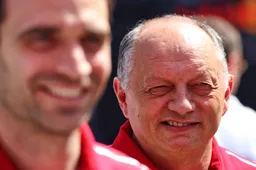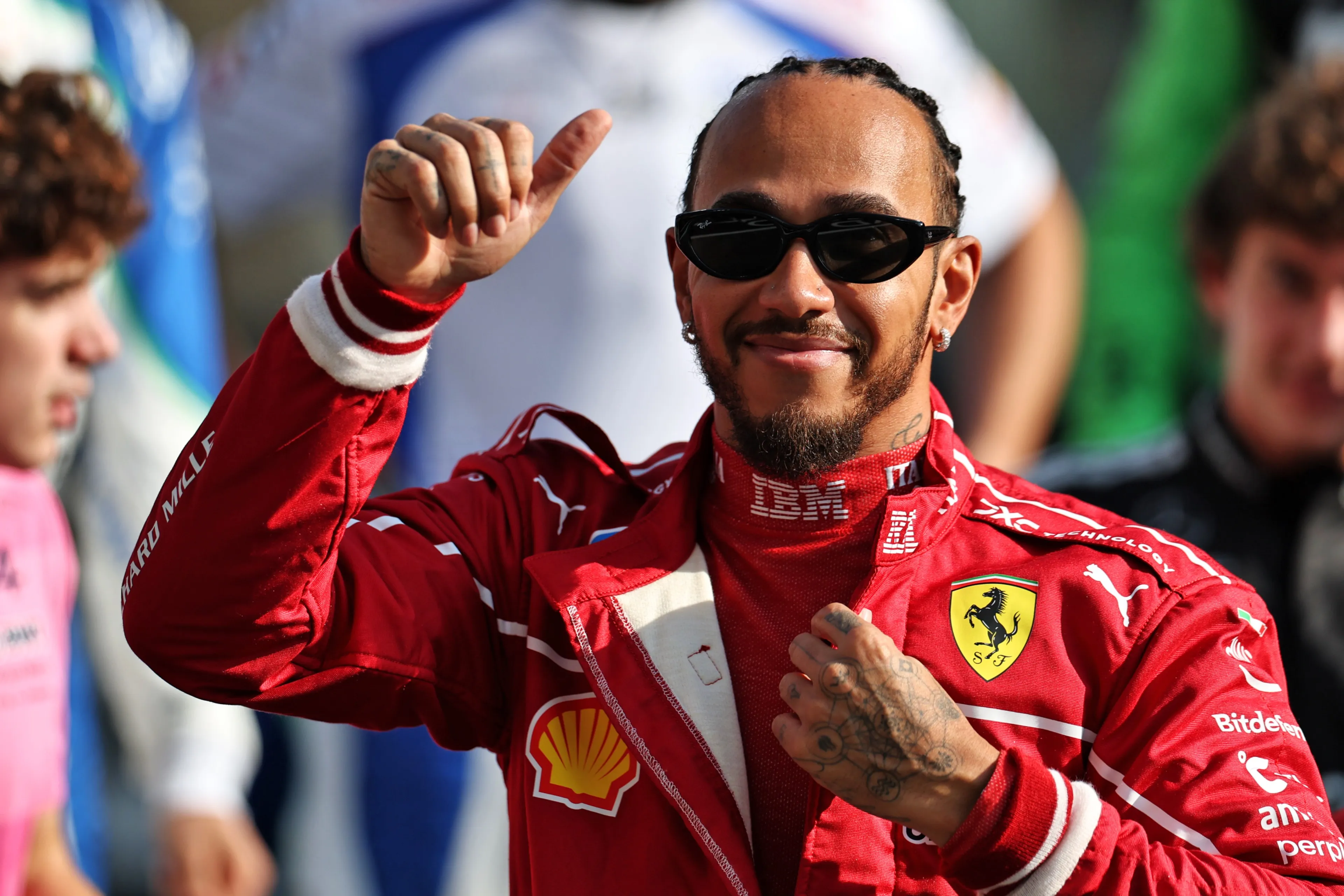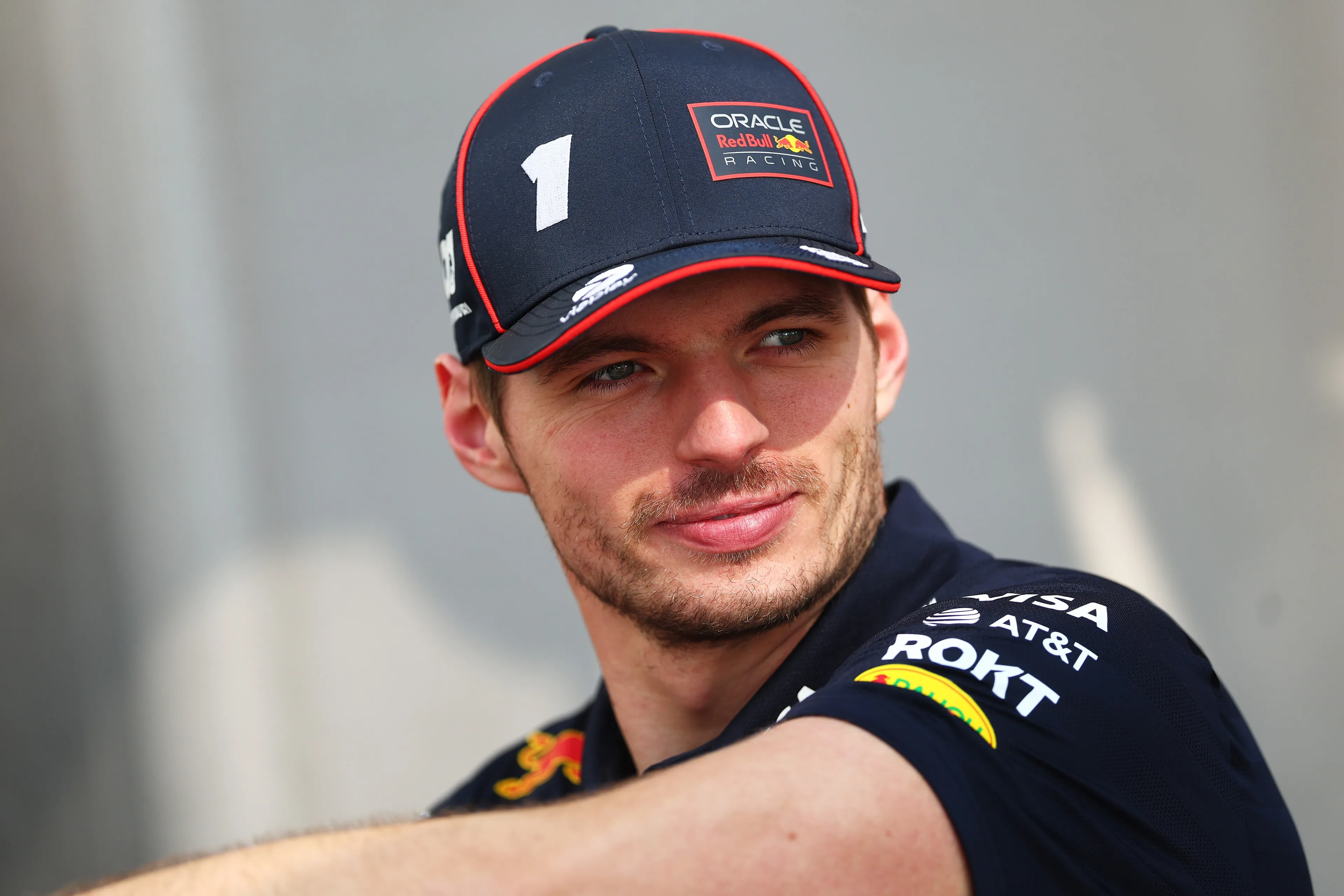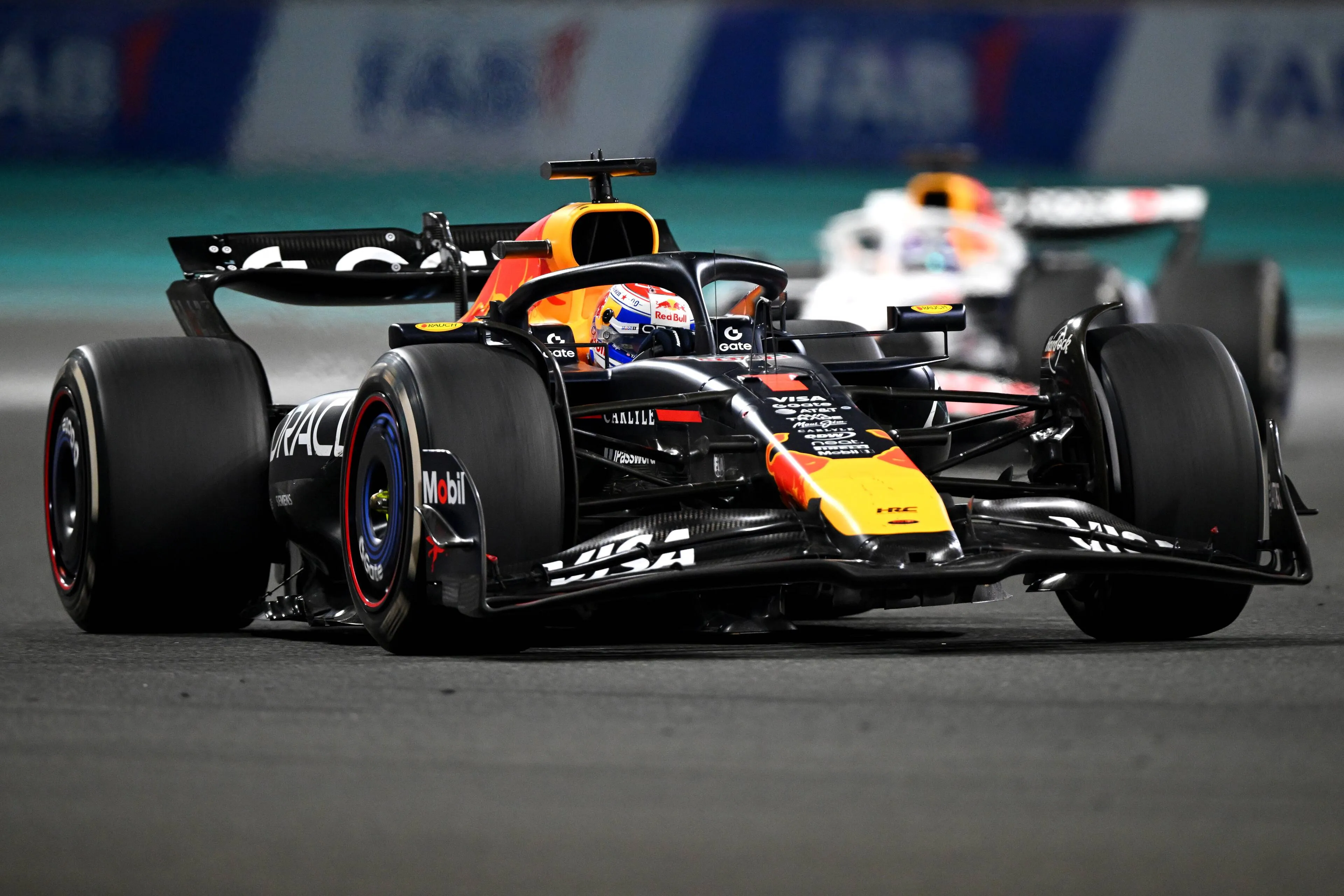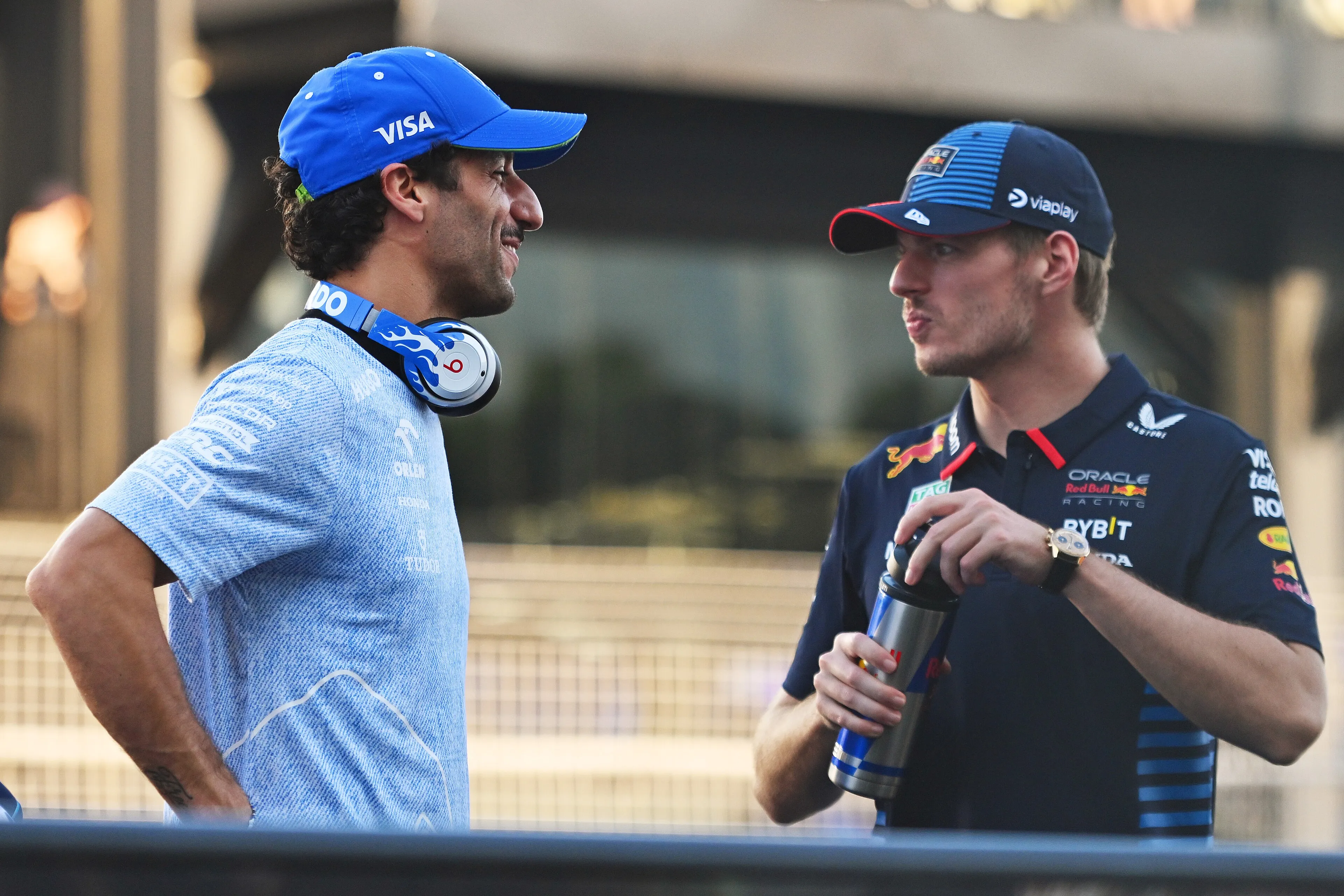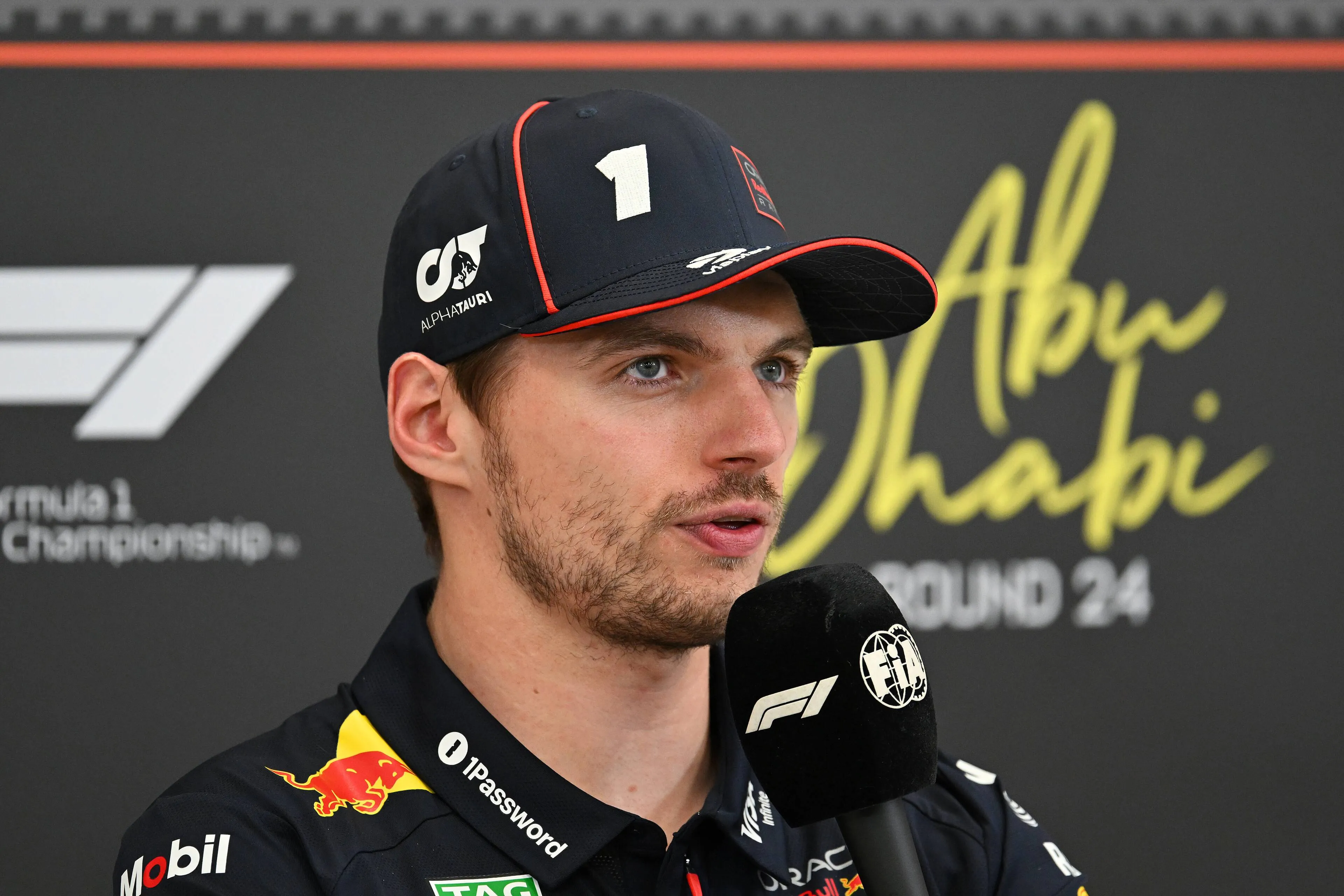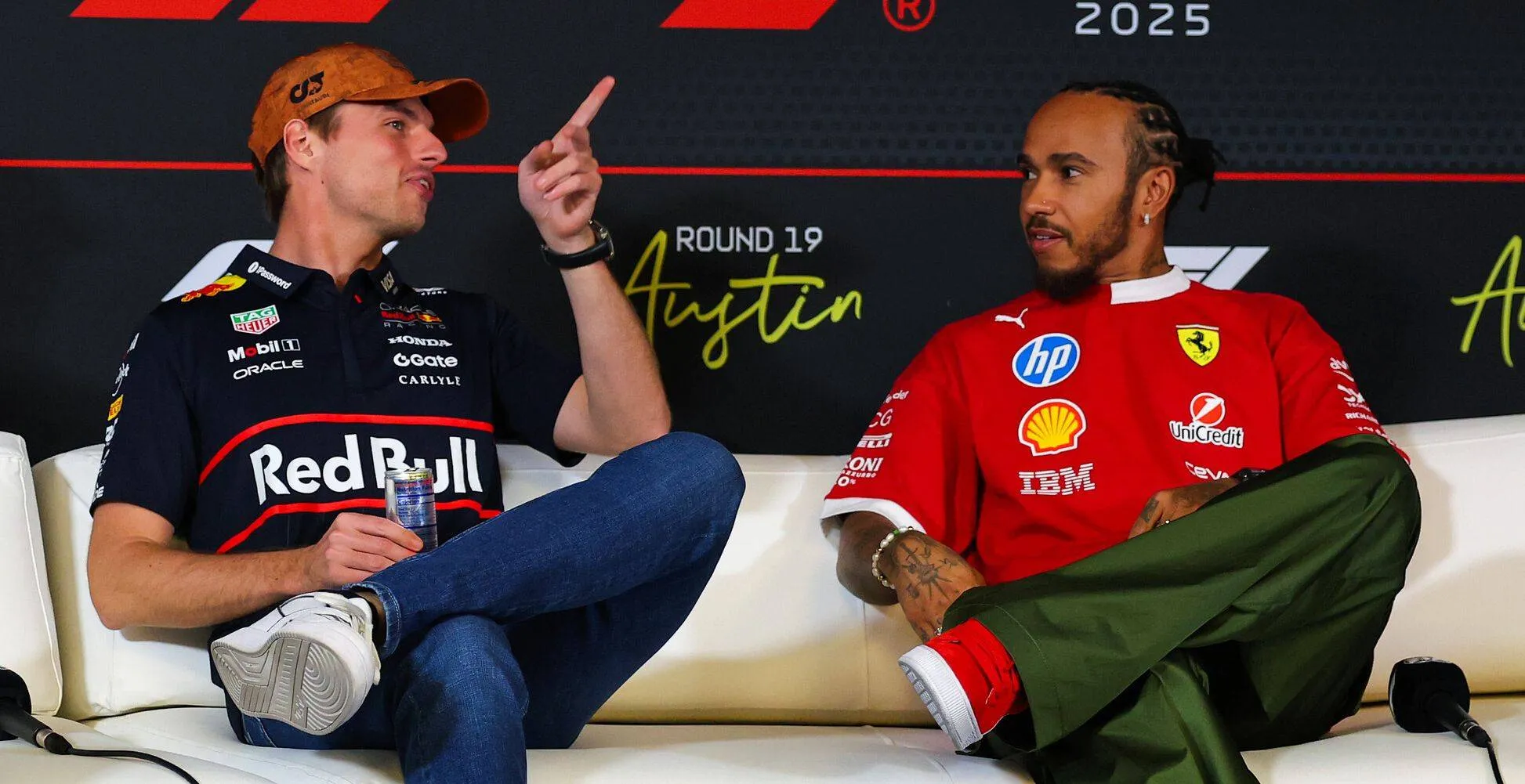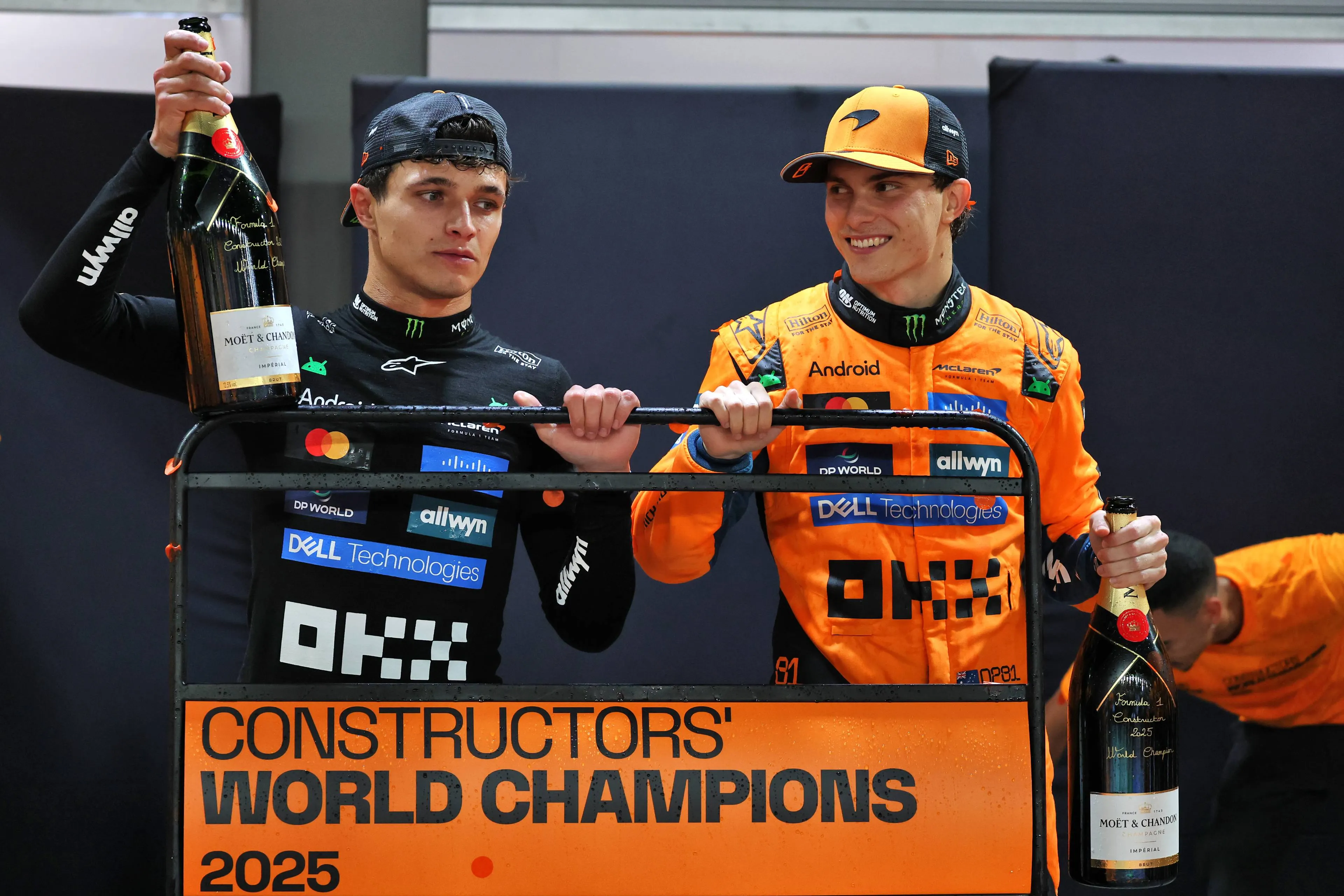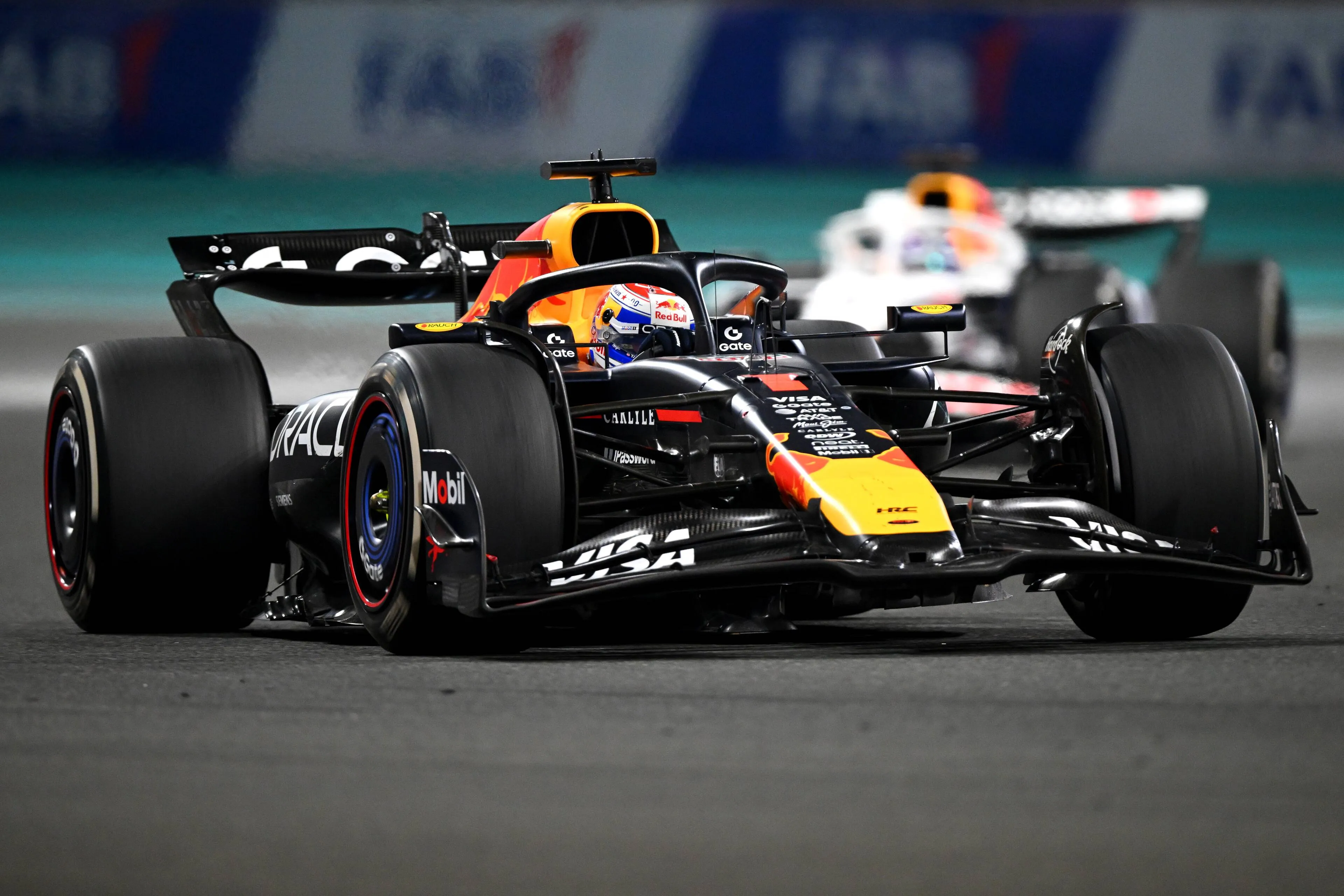How Mercedes could be the ones to deliver death blow to Hamilton's F1 career
Formula 1’s 2025 season, the final year under the current regulations, has not gone to plan for Ferrari. While the Scuderia briefly threatened McLaren in the latter half of last year, the team has fallen short of expectations throughout the entirety of the 2025 campaign almost.
Sitting P2 in the Constructors’ Championship, they trail McLaren by a staggering 299 points.
Neither Lewis Hamilton nor Charles Leclerc has secured a win. Leclerc has at least managed five podiums, though,, while Hamilton is still waiting for his first top-three finish in red.
With ten races left, much of the sport’s attention is already turning to 2026, when all-new cars and engines will arrive.
Many insiders believe that, at least in the opening years of the new cycle, the pecking order will be determined almost entirely by engine performance, making F1 an engine-dominated racing series.
The precedent is clear: when Formula 1 introduced a new engine formula in 2014, Mercedes swept the board and dominated for seven years. And some believe history could repeat itself.
'The expectation in the paddock is that Mercedes will dominate'
“So, the new regulations for next year are the most dramatic change year to year of the technical rulebook that I can think of in the history of Formula 1,” F1 TV pundit Jacques told F1 Oversteer.
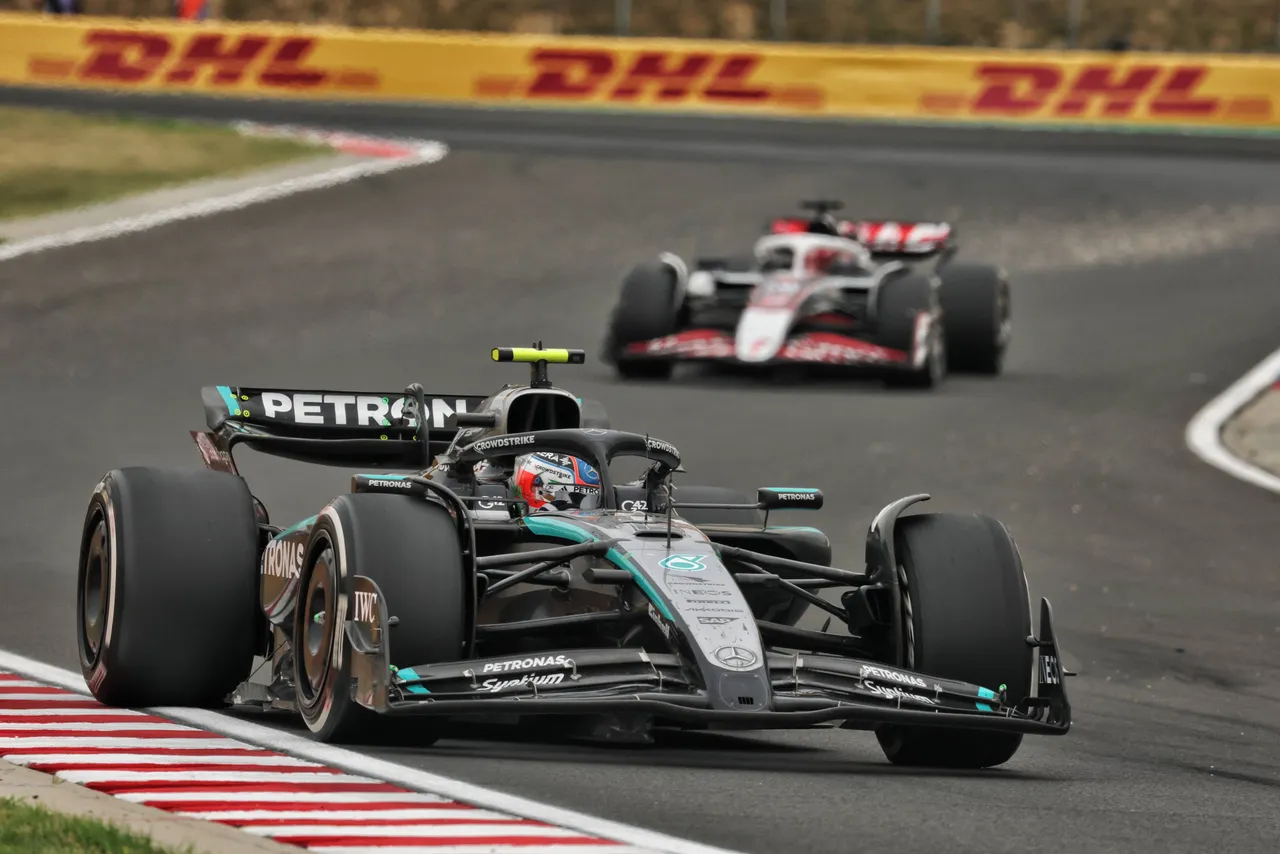
“It’s very dramatic what’s going to be required. And I think the majority of people in the paddock expect – and it’s very, very similar to what we had in 2014 with the new engine formula there – a lot of people expect Mercedes to have created the class of the field engine.
"No full way to know until we go testing, formally in Bahrain next year, but the expectation is… Mercedes are expected to have done a strong job.”
F1's 'rampant development rate' will 'ensure convergence'
However, the F1 TV commentator backs the insertion of the new regs, throwing it back to the past to Mercedes' years of dominance ironically.
"The one thing that I’d stress is there was a lot of discussion about the new rules in 2014 when they came in, and we’ve had some of the best years in the history of Formula 1 since then.
"So, these things are dramatic when they come in, and they evolve quickly due to the rampant rate of development in Formula 1."
For Ferrari and Hamilton, the question is simple: will they be forced to play catch-up again? With Hamilton signed through 2026, and an option for 2027, the 40-year-old may have traded the right horse power for the wrong horse.
Read also
Popular on GPBlog
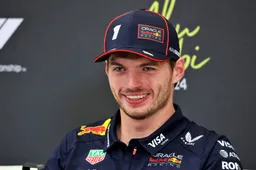
Verstappen rules out Red Bull exit amid clear F1 retirement timeline

Hamilton backed for eighth title as Andretti refuses to write F1 star off
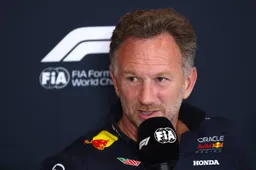
Christian Horner wants to buy Alpine - and that’s bad news for Red Bull

